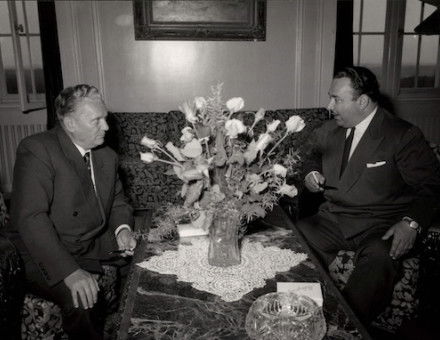The Idea of Neighbourhood 1900-50
Abigail Beach looks at constructing communities in the first half of the century
Right across the political spectrum politicians and other informed commentators speak, with some urgency, of the deteriorating sense of community in modern Britain. The loss of community spirit, it is argued, is manifested in fragmented neighbourhoods devoid of social support networks and deprived of community facilities, with individualistic residents disinterested in, and even fearful of, their neighbours. These locally-based problems are seen to present an alarming impediment to the development of the nation as a whole.
The solutions invoked to rebuild the social fabric reflect this combination of national and local implications, ranging from the establishment of the Speaker's Commission for Citizenship in 1988, through the call for a nationwide citizens' service for youth, to the local initiatives of tenants' associations and neighbourhood committees. This analysis of the problems of modern society, however, is not peculiar to the late twentieth century: it echoes the concerns and proposed solutions of social commentators in the first half of the century.





